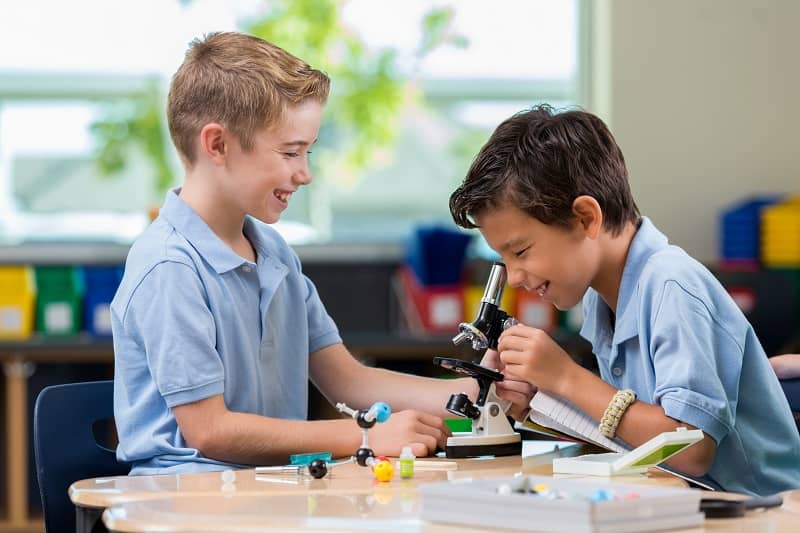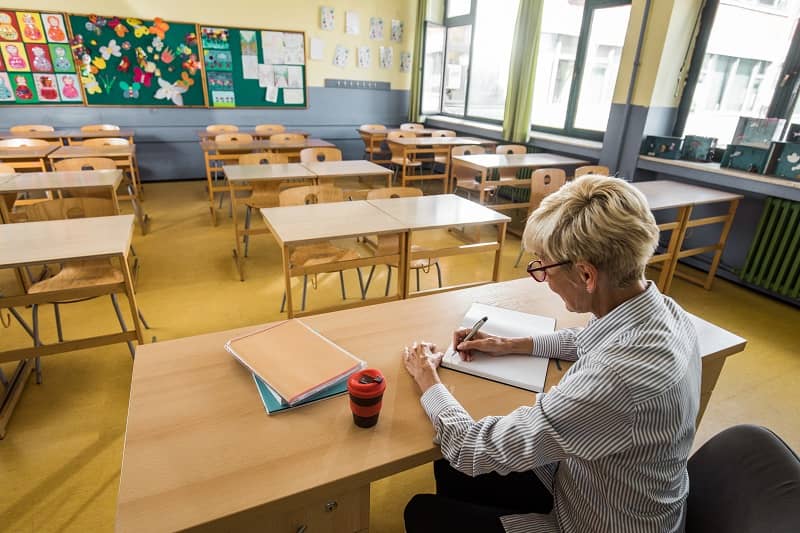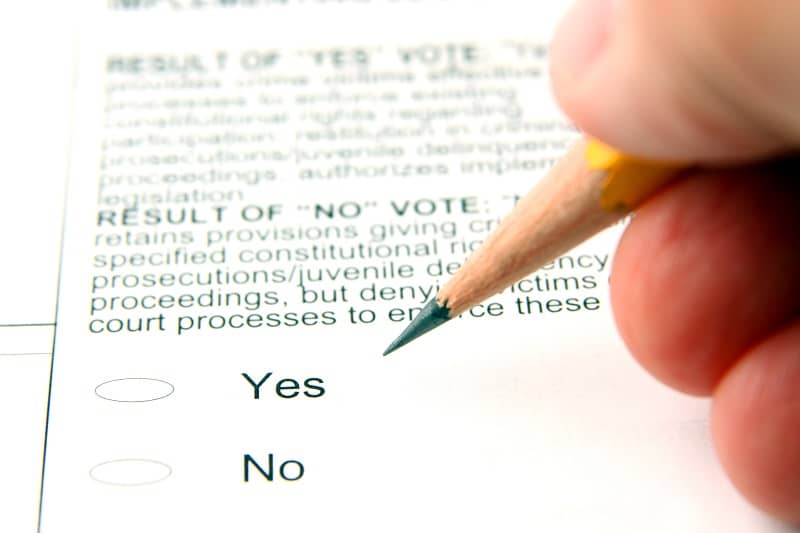By Liv Finne
Many parents are pleased voters have passed Initiative 1240, the ballot measure to allow charter schools in Washington state. This is especially true of parents whose children are trapped in failing inner-city schools. Earlier this year Representative Eric Pettigrew, speaking for many low-income families in his South Seattle district, put it this way:
“…[E]very year in our district for the last 15, 20 years, maybe longer there’s been a gap – an achievement gap of the students, there’s been a drop-out rate that’s been just unacceptable as far as I’m concerned. And all I’m asking in this [charter school] legislation is an opportunity to move forward and move forward quickly.”
Today, in 41 states across the country, 2.1 million students attend public charter schools. This is a fraction of the 55 million students in the U.S., but their parents are glad to have this opportunity. Word is spreading fast among parents that charter schools create environments well suited to student learning. Waiting lists at charter schools have swollen from about 400,000 students just two years ago to 610,000 students today.
Defenders of the status quo fear charter schools because they see them as a threat to funding for conventional public schools, even ones that fail to educate students. Actually, charter schools take no money out of public education, for the simple reason that charter schools operate within the public education system. Charter schools do, however, offer a new choice for parents, a choice many of them enthusiastically embrace.
Charter schools offer innovative ways to deliver a public school education. Some charter schools offer the famous Montessori school program. Others use cutting-edge computer programs customized to each student’s strengths and weaknesses. Some charter schools specialize in science and math. Others help special needs students, like the new charter school in New Jersey for autistic children.
Charter schools are generally smaller than conventional public schools. On average, a charter school enrolls 372 students, about 22% fewer than most other public schools. This allows charter schools to provide more personal attention to students and promotes a feeling of community and security within the school.
Many charter schools require student uniforms. Parents often like charter schools for this reason alone. They know that putting on special clothes for school puts children in the right frame of mind for study and learning.
Charter schools often have stronger disciplinary policies. Many parents are concerned that conventional public schools expect too little from students in the way of behavior and self-control.
Charter schools set high expectations for learning because they must educate students or they risk losing their charter license. Many charter schools outperform neighboring conventional schools, like Massachusetts’ Commonwealth charters, the Knowledge Is Power Program schools in Texas, or California’s Green Dot charters. These schools have either eliminated or significantly narrowed the academic achievement gap.
Charter schools set flexible schedules to meet the needs of students. The rigid rules in conventional schools continually distract students from important work in the classroom. Even simple schedule changes require lengthy union negotiations, and many parents wonder whether instruction time for children is being sacrificed to the priorities of adults.
Parents in a charter school have a real voice in their local school. They can talk to the school principal and to the members of the charter school board. These local school leaders know they must educate students in order to attract families or face financial pressures to close the school.
The charter school structure provides a high level of accountability―to students, to parents, and to the community. In contrast, conventional elected school boards are often more responsive to powerful interest groups than to the concerns of parents.
Giving Rep. Pettigrew’s constituents a charter school option is not only the right thing to do, it is the smart thing to do. People in many Washington communities are happy with their schools and see no need to change. That’s fine, but parents in districts that are allowing too many kids to fail will love charter schools.
Liv Finne is the education director at Washington Policy Center, a non-partisan independent policy research organization in Washington state. She holds a law degree from Boston University School of Law and a Bachelor of Arts degree from Wellesley College. Liv is a guest contributor for Cascade Policy Institute, Oregon’s free market public policy research center.











